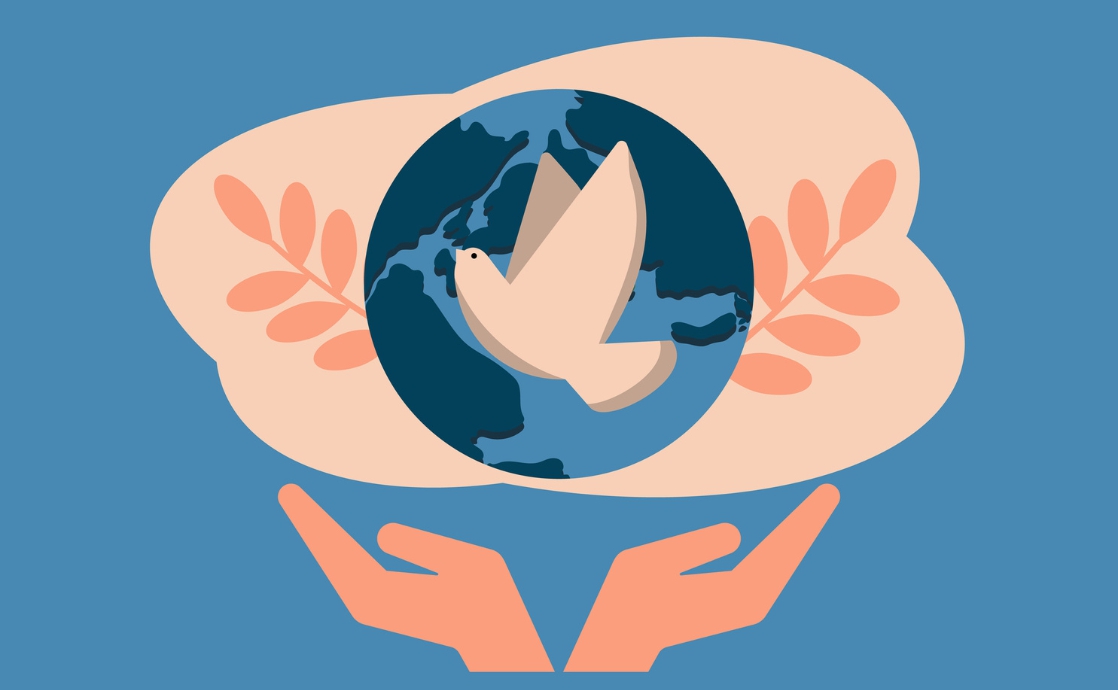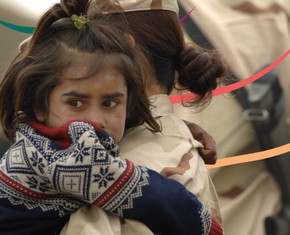The views expressed in our content reflect individual perspectives and do not represent the authoritative views of the Baha'i Faith.
In September of 1964, the Universal House of Justice, the democratically-elected global institution that guides and governs worldwide Baha’i activities, set out the minimum standards for individual Baha’is:
“Not all believers can give public talks, not all are called upon to serve on administrative institutions,” the House of Justice noted in their message to the world’s Baha’is, “But all can pray, fight their own spiritual battles, and contribute to the [Baha’i] Fund.”
Prayer has long been the mainstay of every religion. Historically, it provides one of the main methods all believers use to seek divine assistance in order to make themselves better and more humble human beings.
RELATED: Seeking Spiritual Shelter: Where Can I Be Safe?
Likewise, monetary contributions are essential to the growth and success of any movement, religious or secular. Baha’is are not compelled to donate money in support of their religion, but since only Baha’is may contribute to the Baha’i Faith, they are encouraged (but never solicited or compelled) to make voluntary contributions in whatever amount they can afford and regard as appropriate.
However, the admonition that Baha’is must “fight their own spiritual battles” is new in religion — and certainly the most challenging of the requirements for Baha’i membership.
This “fight” comes down to the kind of focused and constant effort that all Baha’is need to make in their daily lives. The goal here is to improve one’s inner character and practice the kinds of spiritual qualities needed to help unify humanity and promote maturity and development in the world. As Baha’u’llah, the prophet and founder of the Baha’i Faith, wrote:
He Who is the Unconditioned is come, in the clouds of light, that He may quicken all created things with the breezes of His Name, the Most Merciful, and unify the world, and gather all men around this Table which hath been sent down from heaven.
In general, though, most people in our world today don’t engage on a daily basis in the personal effort required to achieve this challenging task of consistently fighting their own spiritual battles. Struggle forces us out of our comfort zone, challenging us to do and be better. This type of exertion makes us do things we may be new at doing, even if we lack the skills and experience to succeed.
But the value of the extra effort can be found in the striving itself, which builds new skills and improves us. That inherent value, the Baha’i teachings say, can best be discovered through a practice of daily meditation and reflection — of bringing yourself to account for your deeds each day:
Set before thine eyes God’s unerring Balance and, as one standing in His Presence, weigh in that balance thine actions every day, every moment of thy life. Bring thyself to account ere thou art summoned to a reckoning …
Of all the major religions in the world, the Baha’i Faith is more demanding of its followers in terms of daily personal effort and commitment. Baha’is attempt to practice, increase, and improve their efforts to embody character attributes like compassion, honesty, humility, service, and honor.
These performance-based personal values are crucial, not only for individual spiritual development, but as prerequisites for establishing the unity of humankind — the paramount goal of the Baha’i Faith and the reason for its existence.
RELATED: Surviving and Thriving, Despite the Chaotic Forces of Modern Life
We tend to think of the achievements of religious movements in terms of the construction of massive and impressive cathedrals or the gathering of millions of believers as part of a special pilgrimage to visit holy shrines — and these things have their place, adding value to a collective spiritual experience. But nothing better defines and distinguishes any Faith than the day-to-day performance of its members as they work to personify and exemplify its sacred teachings.
Shoghi Effendi, the leader and Guardian of the Baha’i Faith from 1921 to 1957, focused on this reality in a 1923 message when he wrote that the triumph of the Baha’i Faith cannot be achieved through dramatic or explosive growth in the numbers of its adherents, nor from the allure of its progressive social principles, and not even because of the devotion and passion of its members: “One thing, and only one thing, will unfailingly and alone secure the undoubted triumph of this Sacred Cause,” the Guardian wrote in a letter to the worldwide Baha’i community. “Namely, the extent to which our own inner life and private character mirror forth in the manifold aspects the splendor of those eternal principles proclaimed by Baha’u’llah.”
















Comments
Sign in or create an account
Continue with Googleor